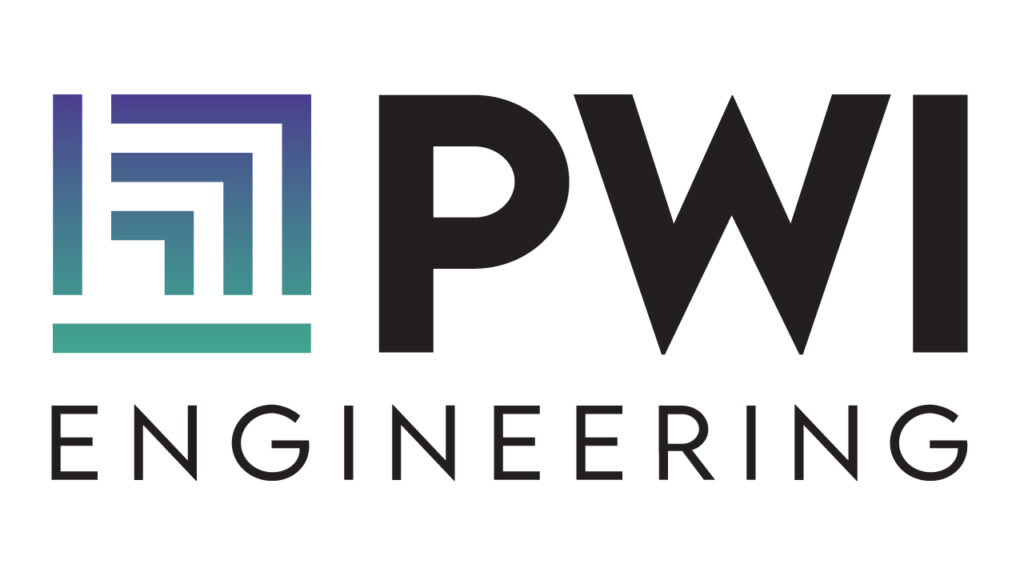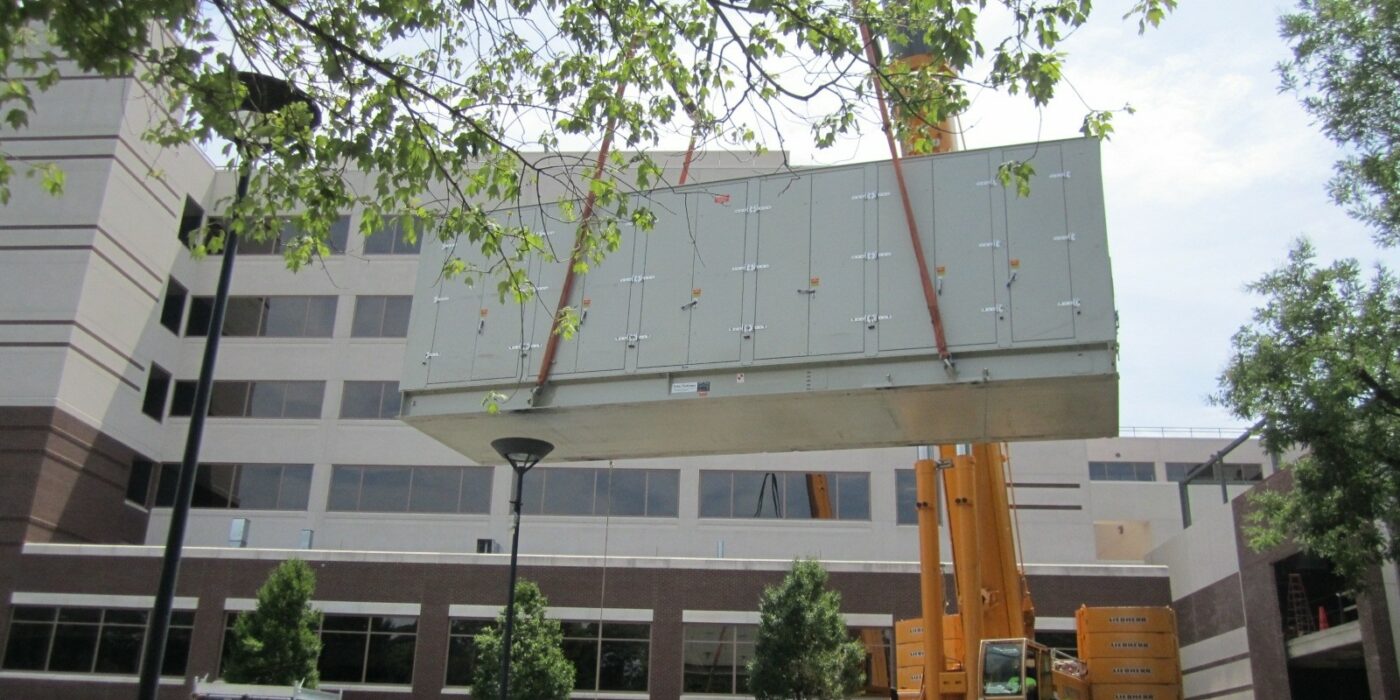Bradley Bathgate, PE
President and Practicing Principal at PWI Engineering
With all of the talk of Combined Heat and Power, CHP, Cogeneration, Cogen, and Distributed Generation there are a lot of medical facilities and academic institutions that want to reduce the costs of producing energy, reduce their carbon footprint, and make a resilient infrastructure. Feasibility studies are the start of this process, and in our company’s opinion one of the most important parts. Don’t ever fall for the free feasibility study. This study will be the road map to the future. I always make the analogy that if you are having a medical problem, you go to the doctor that is going to give you the best advice that is proven with experience, not the one on the corner giving out the free advice. Find the firm that has the most experience and will give you a study that you will feel comfortable sitting in front of your boss and asking for millions of dollars, and possibly putting your job on the line.
At PWI Engineering we are unbiased about technologies, but do thorough research on performance and maintenance. There are some products out there that keep appearing for maximizing efficiency and resiliency, and proven experience. At first we weren’t too sure that a certain product would stick around because of the different technology, but the details that went into this product have proven to be well thought out and making an impact. This product is the Mercury 50, by Solar Turbines. This is a Recuperated Gas Turbine. Typically Gas Turbines are not as efficient for smaller applications of CHP because of the larger thermal output. However, the recuperator on the Mercury 50 is the secret sauce for efficiency that other manufacturers have not been able to match.
With an Air-to-Air Heat Exchanger, this recuperator exchanges the outdoor air used for combustion with the 1,000°F + exhaust air that reduces fuel consumption, improves efficiency and emissions, and as a result has less waste heat to use for the CHP Process.
PWI Engineering’s first application of this Combustion Turbine was at Abington Memorial Hospital. Starting design in 2009, this system came online in 2012. PWI Engineering designed the plant and then provided the energy consulting to optimally buy the energy for the hospital upon its completion. Overall PWI obtained $6 Million in grants and rebates for the owner, and the end result was an annual reduction in utility costs by $4.1 Million. Stay Tuned….



